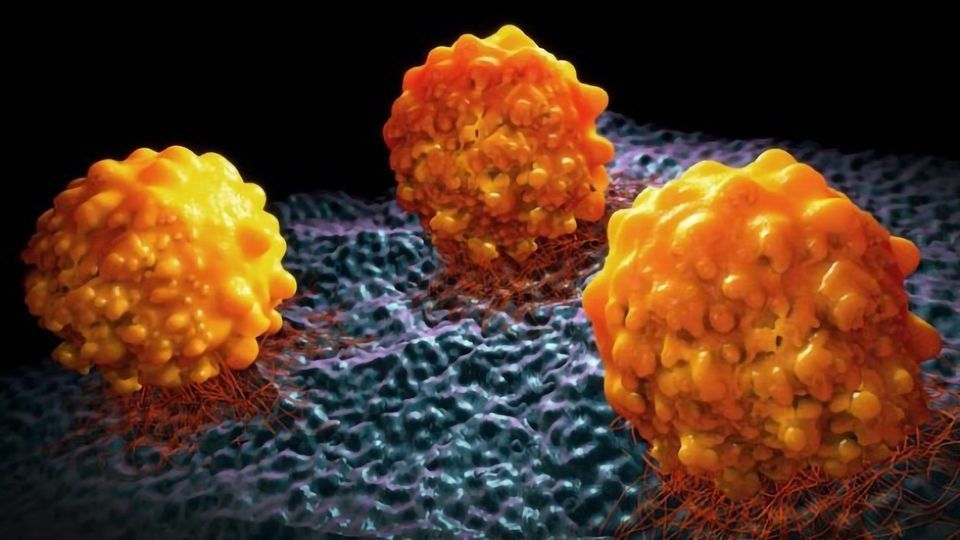Prostate Cancer Marker PSA Acts as a Cancer Catalyst Aiding Its Spread

Complete the form below to unlock access to ALL audio articles.
Together with its partners, a research group led by Docent Michael Jeltsch at the University of Helsinki, Finland, has discovered new mechanisms which activate the vascular endothelial and lymphangiogenic growth factors VEGF-C and VEGF-D. These growth factors play a central role not only in fetal development but in the spread of cancer and the formation of metastases.
Most fatalities caused by cancers that produce tumours - among others, prostate cancer - are specifically the result of metastases. Understanding the chain of events leading to the development of metastases, as well as the related key factors, is necessary for finding means to inhibit or halt the process.
The researchers discovered two new proteolytic enzymes (proteases) which are able to activate both growth factors, VEGF-C and VEGF-D. One of the enzymes is the prostate-specific antigen (PSA), which is also used as a marker for prostate cancer. In addition to the prostate, VEGF-C and PSA occur in semen, where they may have a reproductive impact, particularly on fertility.
The researchers also found that the cathepsin D protease is able to activate VEGF-C and VEGF-D. It was already previously known that cathepsin D is related to the formation of metastases, but detailed information on the mechanism of action has been lacking.
"These new findings provide a great deal of new information on the functioning of lymphangiogenic and vascular endothelial growth factors in general and specifically on their role in prostate cancer and reproductive biology," Jeltsch notes.
"In the future, our discoveries may help in both developing novel cancer drugs as well as identifying and treating mechanisms related to infertility."
This article has been republished from materials provided by the University of Helsinki. Note: material may have been edited for length and content. For further information, please contact the cited source.
Reference: Sawan Kumar Jha, et al. KLK3/PSA and cathepsin D activate VEGF-C and VEGF-D. eLife (2019) DOI: 10.7554/eLife.44478

